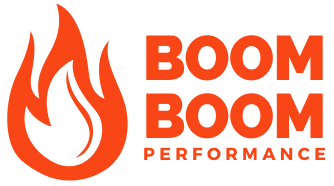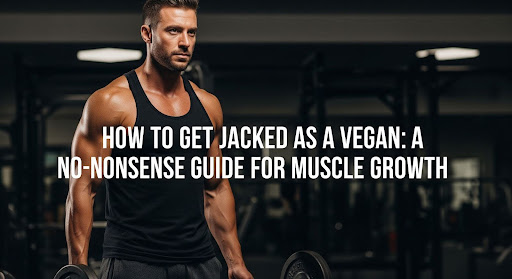
For years, the phrase “how to get jacked as a vegan” raised eyebrows in the fitness world. But today, a growing number of plant-powered athletes are proving that you don’t need meat to build serious muscle.
With the right strategy, vegans can not only match but sometimes outperform their omnivorous counterparts in both strength and endurance. As a certified trainer and movement coach, I’ve helped clients build muscle on a plant-based diet by focusing on performance, recovery, and long-term health.
Let’s break down what actually works if you want to gain lean muscle on a vegan diet without wasting time or falling for hype.
Prioritize Protein Intake the Right Way
Muscle growth begins with adequate protein intake. For most vegan lifters, the optimal target ranges from 1.6 to 2.2 grams of protein per kilogram of body weight per day. Hitting that number is more important than obsessing over protein timing or supplements.
Because plant proteins can have slightly lower concentrations of certain amino acids like leucine and lysine, variety matters. Focus on these high-quality vegan protein sources:
- Legumes: lentils, chickpeas, black beans
- Soy-based foods: tofu, tempeh, edamame, soy milk
- Grains: quinoa, buckwheat, amaranth
- Nuts and seeds: hemp, chia, flax, almonds, peanuts
- Protein powders: pea, rice, hemp, or soy blends
- Vegetables: spinach, broccoli, and green peas contribute smaller but meaningful amounts
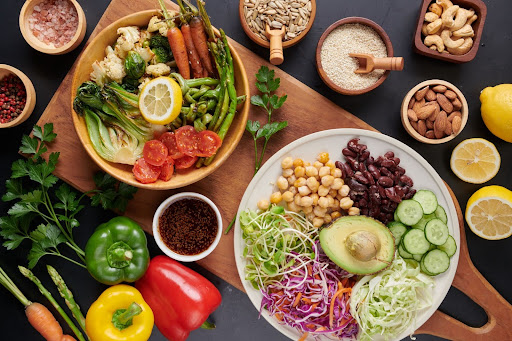
Make sure every meal contains a significant source of protein. Combining foods like rice and beans or hummus and whole-grain bread ensures you’re covering all essential amino acids.
Fuel with Carbohydrates and Healthy Fats
Protein builds muscle, but without sufficient energy, your body won’t grow. Carbohydrates are your primary fuel for training sessions and recovery. Aim to include carbs in every meal—especially before and after workouts.
Reliable plant-based carb sources include:
- Oats
- Brown rice
- Sweet potatoes
- Bananas, berries, and other fruits
- Legumes and starchy vegetables
Don’t overlook healthy fats, either. Fats support hormone production and help keep your calorie intake high enough to promote growth. Include:
- Avocados
- Nut butters
- Chia and flax seeds
- Olive oil, hempseed oil, and walnut oil
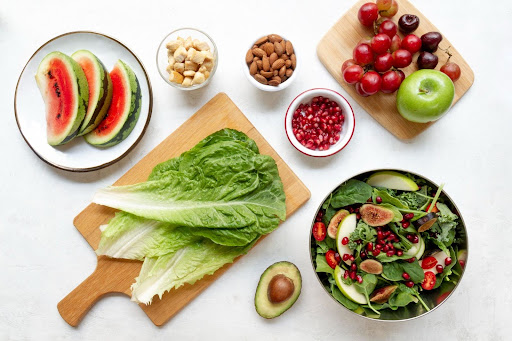
Balancing your macros—around 30–35% protein, 50–60% carbs, and 15–20% fats—is a solid foundation for vegan muscle gain.
Supplement Where Necessary
Even the most balanced vegan diets can fall short on certain nutrients. Strategic supplementation helps close the gap without relying on excessive synthetic inputs.
Here are key supplements that support vegan strength and performance:
- Vitamin B12: Crucial for nerve health and red blood cell production. A must for all vegans.
- Creatine monohydrate (5g/day): Enhances strength and high-intensity performance. Especially useful since plant foods contain no creatine.
- Omega-3s (DHA/EPA from algae): Supports brain function and reduces exercise-related inflammation.
- Iron: Plant-based iron (non-heme) is less absorbable. Combine iron-rich foods with vitamin C or consider supplementation if your blood levels are low.
- Zinc: Essential for recovery and immune function; absorption can be inhibited by phytates in plants.
- Vitamin D3: Supports bone health, testosterone regulation, and mood—especially important in winter or for indoor athletes.

Always consult with a registered dietitian or doctor before starting supplements, especially if you’re managing preexisting health conditions.
Train with Purpose: Volume, Progression, and Recovery
Nutrition supports muscle growth, but your training is what triggers it. The most important principle for getting jacked is progressive overload. That means increasing the difficulty of your workouts over time—whether through added weight, more reps, or higher intensity.
Focus on compound movements that work multiple muscle groups:
- Squats
- Deadlifts
- Pull-ups
- Push-ups
- Bench presses
- Rows
You can also include isolation exercises like bicep curls, tricep extensions, and calf raises to target weak points or enhance definition.
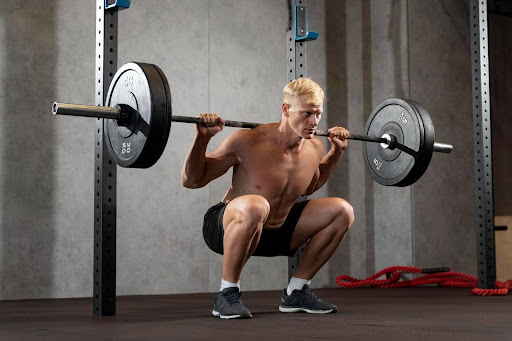
Bodyweight training is also highly effective when done with intent and progression. Elevated push-ups, single-leg squats, and ring rows are all scalable options.
Lastly, recovery is not optional. Aim for 7–9 hours of sleep per night, take at least one rest day per week, and listen to your body. Muscle is built during rest—not during your lift.
Also Read : 7 Most Frequently Asked Questions by You on Nutrition
Frequently Asked Questions
Can you build muscle as fast on a vegan diet as on an omnivorous diet?
Yes, if you’re meeting your protein and calorie needs. Recent controlled studies have shown that vegan and omnivorous lifters gain muscle at comparable rates when their diets are matched for protein and training is consistent.
Do I need vegan protein powder to get jacked?
No, but it can help. If you’re struggling to hit your daily protein goals through whole foods alone, a plant-based protein powder is a convenient, effective addition—especially post-workout.
What should I eat before and after a workout?
Before training, aim for easy-to-digest carbs and a small amount of protein—like a banana with almond butter or a smoothie with oats and soy milk. After workouts, refuel with a mix of protein (20–30g) and carbs—think lentils with rice, tofu with sweet potatoes, or a protein shake with fruit.
Do I need to track macros on a vegan bulk?
While not mandatory, tracking your intake—at least for the first few weeks—can help ensure you’re eating enough to gain muscle. Many vegan diets are high in fiber and volume but lower in calories, so it’s easy to under-eat without realizing it.
Final Thoughts on How to Get Jacked as a Vegan
Learning how to get jacked as a vegan isn’t about copying what meat-eaters do and swapping in tofu. It’s about building a training and nutrition system that supports muscle growth, hormonal health, and long-term recovery. Focus on total calorie intake, meet your protein needs with a range of complete sources, and train with progressive overload. Supplement intelligently, rest deliberately, and remain consistent. Strength doesn’t come from diet labels—it comes from commitment and strategy.
